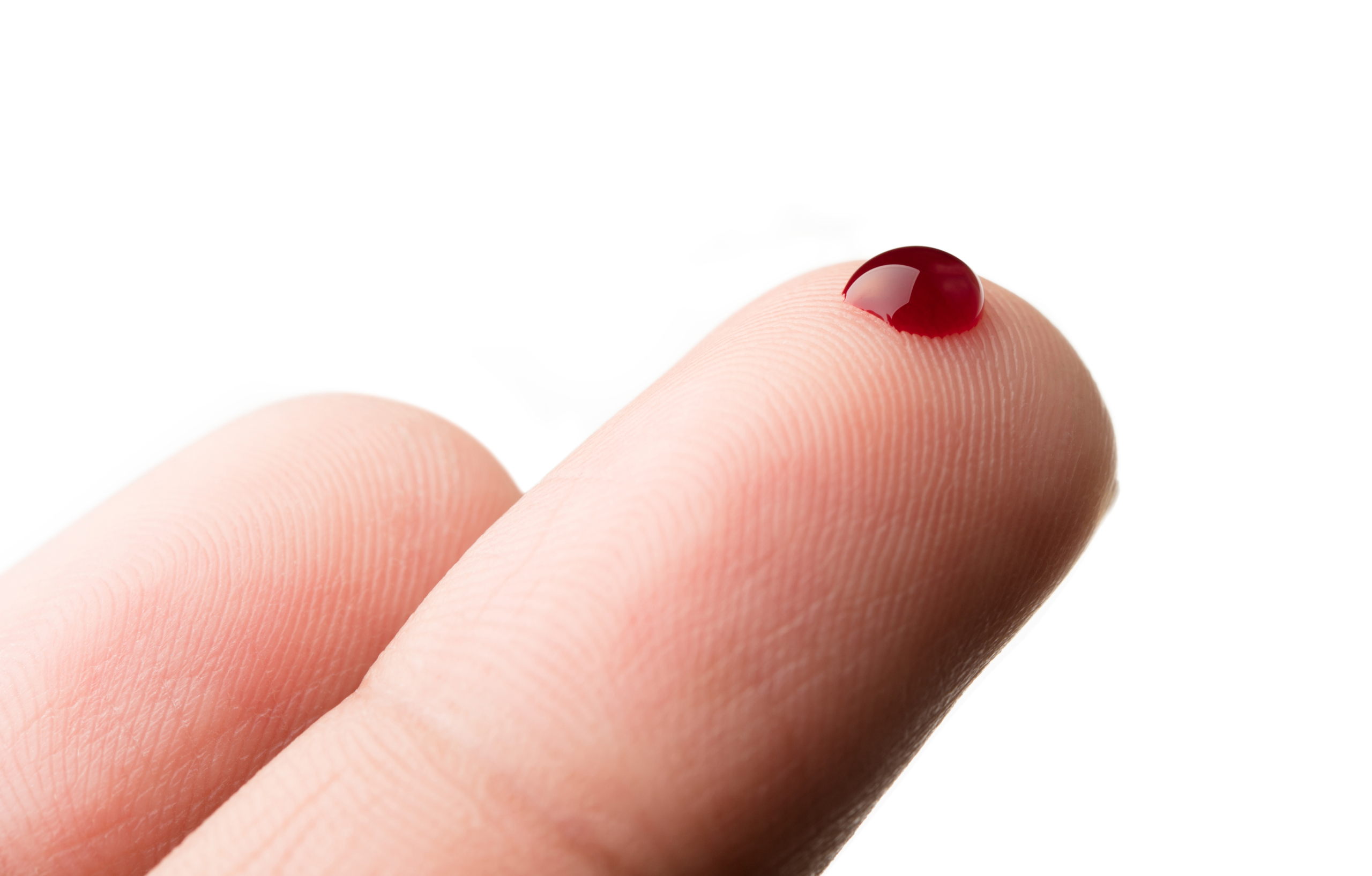Can I Overlook Spots after Removing Menstrual Discharge?
Shafi'i Fiqh
Answered by Ustadha Shazia Ahmad
Question
In my last question, I asked about this problem and my confusion isn’t going away regarding this. It’s about the dried up normal discharge in my private part. I said that I remove it using my finger, and almost all of it is removed. Since I clean it everytime, I use the toilet, so I don’t see it in my private parts. But if I use my finger, I do see some very little spots, like 2,3 spots on my finger. That’s what I mean by “I’m not able to remove it completely”.
Your answer was:
“If you have normal discharge that might be mixed with arousal fluid and then your menstruation starts, you have no need to wash any of it until you take your ritual bath (ghusl) when your period ends. You can use your hand to remove it, do your best. You don’t need to spend a long time on this, a couple of minutes maximum. Any dried discharge does not crust to the point of being difficult to remove.”
1) In the case of removal after menstruation: Even if sometimes, I know that even after using my finger to remove it, some spots are still left, which in most cases isn’t visible, and I’ve removed it majorly, I leave it because it’s difficult for me to spend a long time on it. Will my ghusl be valid?
2) What if I don’t remove this dried up discharge when it’s mixed with the arousal fluid too?
3) So in this case, after using my finger to remove it completely, I sometimes see spots on my finger. Can I just ignore this, because I know this will happen even after? If I can ignore this, then will this affect the validity of my ghusl and prayer?
4) If I remove it majorly, and I know that some amount of it might still be left, can I just leave it because it’ll take time? Will my ghusl be valid?
5) If I remove this discharge and do my best to remove it, but still some Is left, like those spots which I see on my finger, can I just ignore them?
6). Is it necessary for me to use the toilet to remove this discharge every time for Salat?
7) Can I just leave it with such a small amount of impurity that can be overlooked?
8) Even this time when I performed ghusl, I did remove it. I used my finger again and sometimes, I saw very little spots on my finger. I then ignored it because it was taking time. I took ghusl. Will my ghusl be valid?
I’m extremely confused due to it. Please give me an easy answer. I’m sorry my question revolves around the same thing. But I’m not okay with it, as it’s causing hardship.
Answer
I am sorry that you are suffering from this issue so much, you should not give in to waswasa and you should not spend so much time on purification. Ask Allah to facilitate this matter for you.
1) When you perform your ghusl after menstruation, only wash the area once, don’t do it a second time. Don’t think about what is overlooked, assume there is no impurity left.
2) If you don’t know if your normal discharge is mixed with arousal fluid, assume it is not.
3) Yes, you can ignore it, because you did your best to wash it off. Your ghusl and prayer are fine.
4) Assume that it is all gone, you don’t need to check a second time.
5) Don’t look at your finger after you have washed, just wash and dry and don’t check, you need to get rid of this waswasa.
6) If you don’t know if you had arousal fluid mixed with it or not, then assume there is none. Just make a new wudu for every prayer because the exiting of your normal discharge invalidates wudu. You can do this at home, too.
7) Yes, you can overlook it when it’s time to pray and just make wudu.
8) Your ghusl is fine. Also, remember, it is not a condition of a valid ghusl to remove arousal fluid. The only two conditions of ghusl are intention and that water reaches the whole body. The presence of arousal fluid doesn’t affect it.
May Allah give you tawfiq and make purification easy for you.
[Ustadha] Shazia Ahmad
Checked and Approved by Shaykh Faraz Rabbani
Ustadha Shazia Ahmad lived in Damascus, Syria, for two years, where she studied aqidah, fiqh, tajweed, Tafseer, and Arabic. She then attended the University of Texas at Austin, where she completed her Master’s in Arabic. Afterward, she moved to Amman, Jordan, where she studied fiqh, Arabic, and other sciences. She recently moved back to Mississauga, Canada, where she lives with her family.
